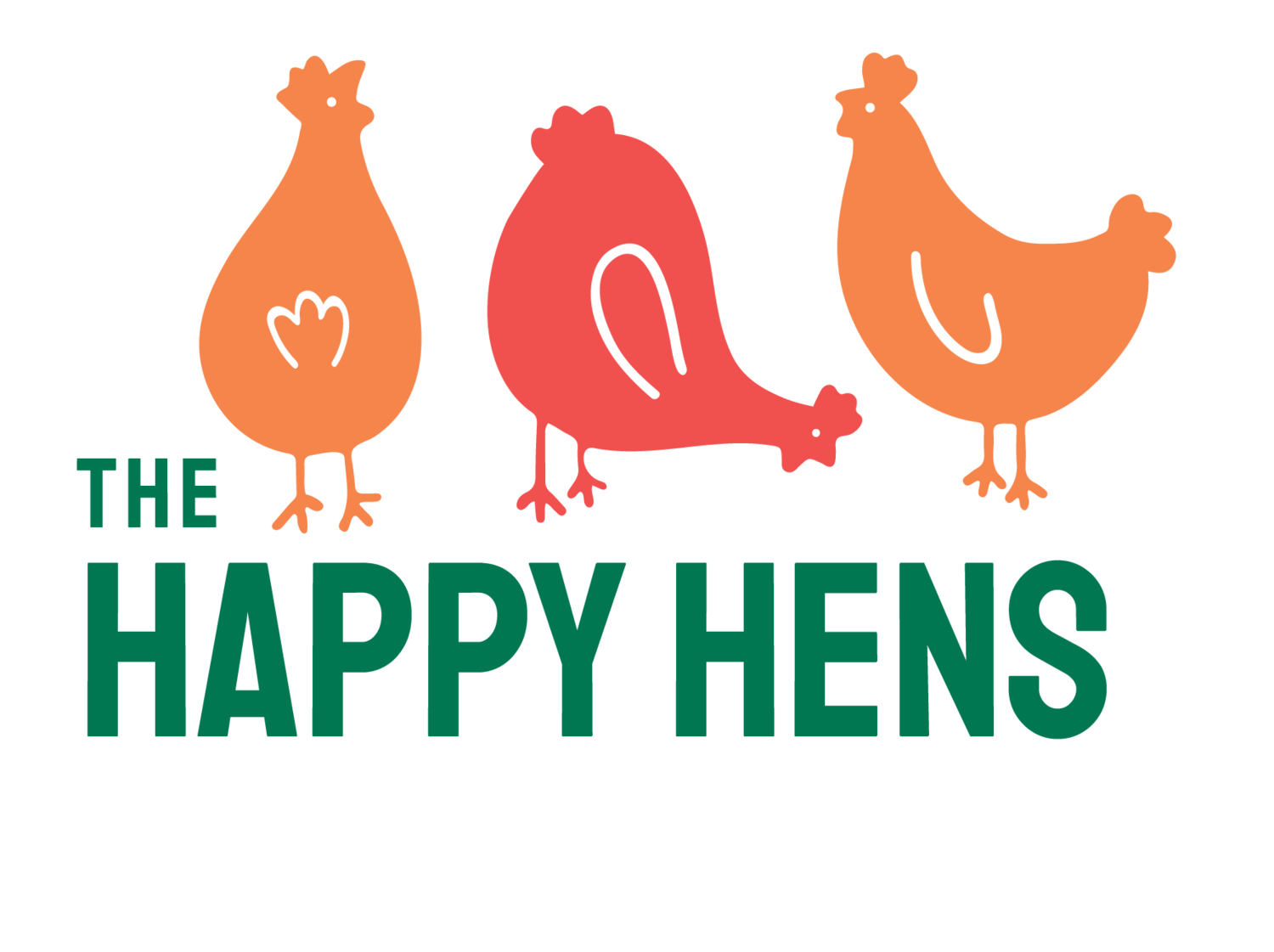Coffee Grounds Project (not accepting anymore for now)
Spent coffee grounds- A waste issue
A 2016 report by Planet Ark for the City pf Sydney states;
In Australia, an average cafe uses 32kg of coffee beans in a week, producing 60kg of spent coffee grounds a week.
Nearly 3,000 tonnes of spent coffee grounds are produced each year – with over 90% going to landfill
A potent waste with negative impacts
Australians consume 6 billion cups of coffee every year. The grounds that make these coffees are used only once and then immediately discarded.
When spent coffee grounds are sent to landfill they can produce methane and carbon dioxide, greenhouse gases that contribute to global warming.
The waste coffee grounds also contribute towards the huge financial cost on tax payers of running and maintaining landfills in Australia.
While many coffee brands promote the ethical treatment of their growers and the sustainability of their farms, little attention is paid to the environmental impact of the organic waste at the end of the coffee chain in Australia.
A valuable resource and unique organic waste stream
Cafes and coffee shops collect spent grounds separately to other waste in containers next to the espresso machines, with little to no contamination.
The brewing process to extract coffee uses high temperatures that sterilise the grounds. This produces a relatively clean waste.
Spent coffee grounds are nutrient rich and have the potential to be used as a value-added product in multiple different processes (compost, mushroom growing).
This system creates a circular economy, where the waste from one process is used as an input by another – the benefits are maximised if the process is kept local, minimising transport costs.
Henley Green Community Garden puts this valuable resource to work making rich soil for our garden which can be enjoyed by the local community.

